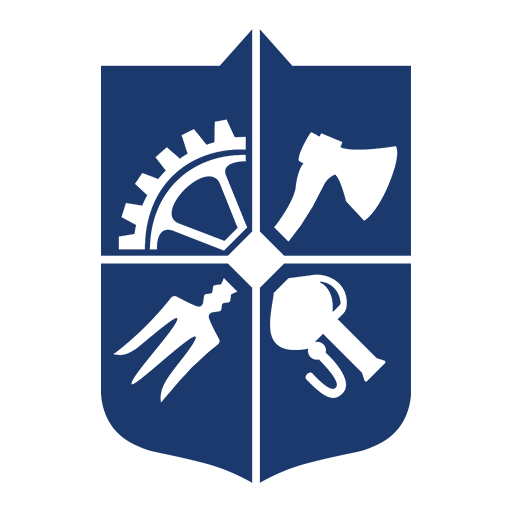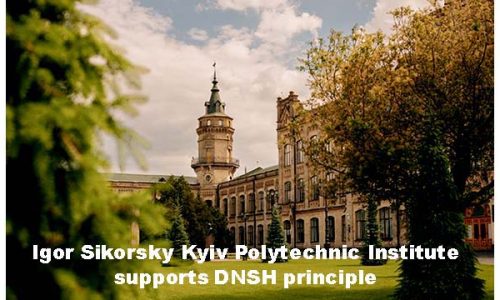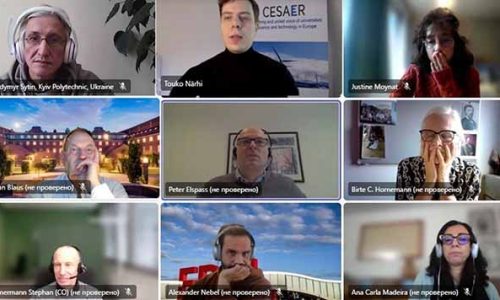
CESAER on training future engineers: working together for an innovative future
The leading universities of science and technology united in CESAER, under the auspices of our Task Force Learning & Teaching, have released the White Paper ’Engineer of the Future’, to advance our understanding of how universities of science and technology can provide future-proof engineering education to contribute to a world in constant evolution.
Engineering education is on the threshold of significant changes to meet the challenges of today’s increasingly complex and unpredictable world. In its new White Paper, CESAER proposes a comprehensive approach to the training of future engineers that includes a strong scientific base, the development of interdisciplinary skills and an entrepreneurial spirit.
The focus is on adapting curricula to rapid changes in technology and society. To do this, universities should develop closer relationships with national and international partners and provide various forms of international experience for students. It is also important to ensure that academic staff are supported and motivated through professional development and skills development.
In order to develop responsible and innovative solutions in their professional activities, universities should pay special attention to the UN Sustainable Development Goals, assessing students’ competences and recognising their efforts in the field of sustainable development. This includes not only technical literacy, but also the development of cultural perspectives, norms and values through debate and discussion. An important aspect is to prepare students for the critical use of artificial intelligence, and to provide teachers with guidance on how to use it responsibly.
To ensure multicultural and multidisciplinary cooperation, universities can use modern transnational cooperation initiatives and develop innovative teaching methods, such as problem-based and task-oriented learning. This will help prepare students to address socially important issues and promote adaptive and critical thinking.
Universities should integrate active learning methodologies into their engineering programmes, which will help develop lifelong learning skills for both students and teachers. It is important to recognise the skills acquired through professional, non-formal and informal learning.
So, it is important to remember that the engineers of the future must be team players, able to collaborate with colleagues and specialists from other fields. And as CESAER pointed out: “Universities should create conditions for innovative learning that meets the needs of modern society and contributes to the development of responsible and constructive professionals”.
The full paper can be read here (PDF).
More: https://www.cesaer.org/news/prepare-together-the-engineers-of-the-future-1706/





